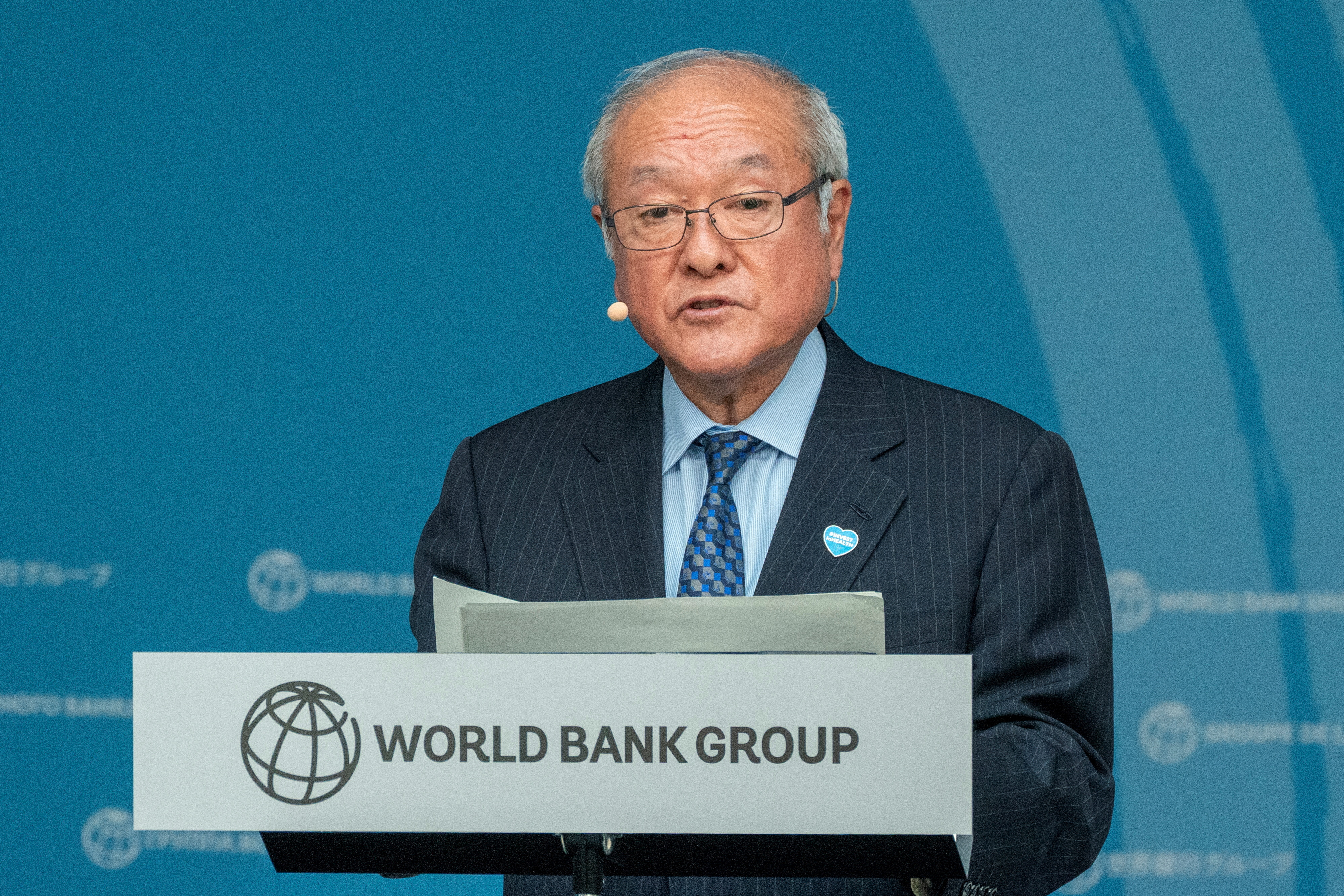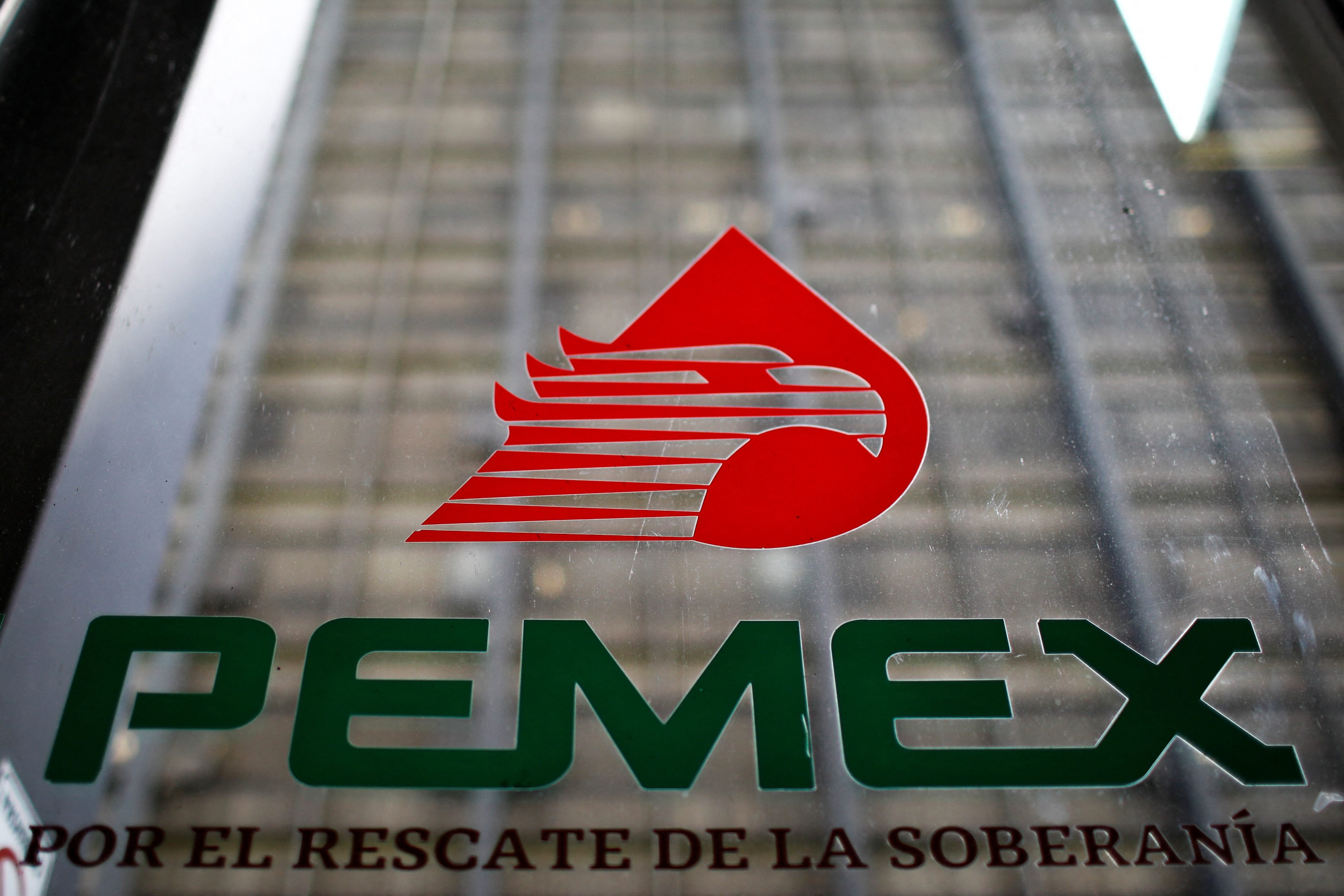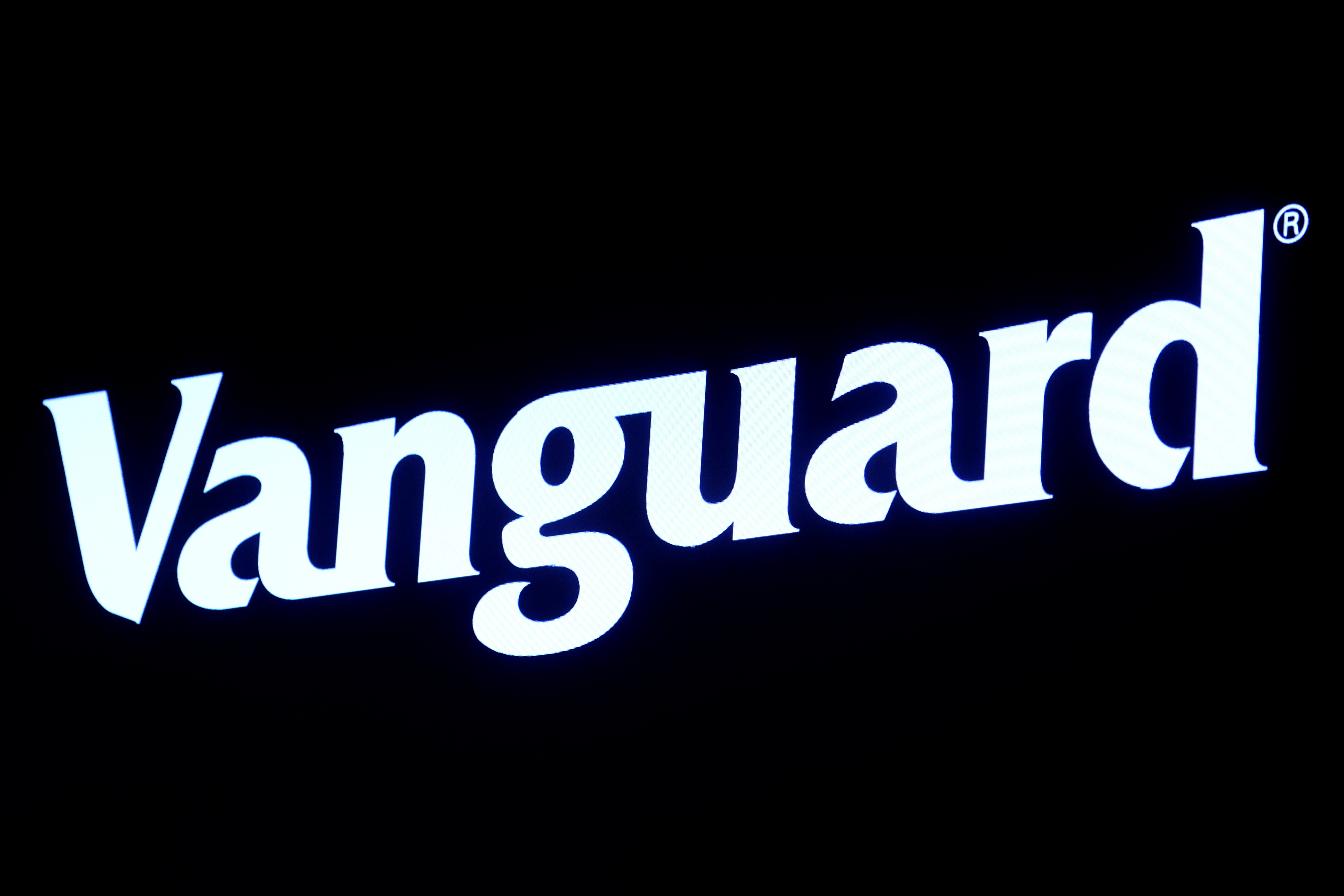Catalan independence agenda at risk in Barcelona mayor's race
By Sarah White
BARCELONA, Spain, May 21 (Reuters) - In the windows along Barcelona's leafy avenues, some of the red blue and gold independence flags flying for the past two years have lately begun to lose their colours.
Like a banner hanging too long in the sun, Catalonia's drive to break away from Spain - which drew mass demonstrations last year culminating in an overwhelming but non-binding vote in favour of secession - is showing signs of fading.
A hotly-contested vote to elect the city council of the regional capital on Sunday may hasten the decline of a movement that only months ago seemed to have relentless momentum.
Polls show the election could end up in a defeat for parties favouring a Catalan split. That would spell a major setback for their campaign ahead of region-wide polls in September touted by local leaders as a proxy vote on independence.
And in a fragmenting political environment, even if the pro-independence Convergencia I Unio manages to keep control of the mayor's office, it is likely to have to share power with other groups not always on the same page when it comes to strategy.
Hurt by corruption scandals, the secessionist party is a far cry from its former self, and its campaign for independence has lost some of its grip on the imagination.
"The whole topic has died down a bit," said Joan Miquel Argudo, 44, dishing out olives to customers at his delicatessen stall in the Sant Antoni Market, an iconic modernist building just a short walk from the seaside.
"A year ago it was a big issue and there were big demonstrations, but the corruption scandals around the CiU have damaged them a lot," he said.
A cosmopolitan coastal gateway, Spain's second city is also the standard-bearer for Catalonia's industrial tradition and distinct culture, and a symbol for those who want secession.
"It is critical that the capital of Catalonia remains aligned with the (independence) process," Barcelona's deputy mayor Joaquim Forn, whose secessionist boss, the CiU's Xavier Trias, is running for re-election, said in an interview.
"People are projecting on the political parties something that goes beyond the municipal scope... The process would lose a big argument," Forn said.
Catalonia's long-simmering independence drive, which swelled during a deep recession in Spain, reached a peak last November with the symbolic referendum, staged in defiance of the central government which secured a court ruling that blocked a more formal vote.
Most Catalans still want a say on their sovereignty, but a recent poll showed a majority would vote to stay in Spain.
Other issues have dominated the local campaign, like a perceived influx of unruly tourists, with politicians pledging to limit hotel licences or fund improvements in affected neighbourhoods, including double-glazing residents' windows.
UNITED?
The secession camp faces a new challenge to stay united in an era of political fragmentation fuelled by the rise of new political parties nationwide.
A closely-watched poll showed earlier this month that as many as seven political groups could win seats in the Barcelona city council, potentially making it ungovernable.
While centre-right CiU's Trias tops some polls, and he could form pacts with leftist pro-separatist parties, the survey pointed to a win for platform Barcelona en Comu (Barcelona in Common), which includes a strand of newcomer leftist party Podemos ("We Can").
The new group, led by Ada Colau, a prominent activist against home evictions, has steered clear of a definitive stand on independence, focusing instead on the rising social inequality troubling many of Barcelona's 1.6 million residents.
Diego Muro, a political scientist at the Barcelona Institute of International Studies says Colau's breakthrough in the city is a sign the debate in Catalonia could shift away from the issue of independence.
"The municipal elections are a sort of laboratory for what could happen at a regional level, and whether new parties manage to change the talking points," Muro said.
Some separatists argue that election results across Catalonia's close to 1,000 other municipalities may be a better gauge of support for the movement, which they say is just catching its breath before a summer of rallies and campaigns.
These will be aimed at drumming up support before the September vote, which could trigger a "roadmap" towards secession promised by pro-breakaway parties.
"I don't know anyone who considered themselves to be pro-independence and who has ceased to be so," said Ricard Gene, a lawyer and until recently one of the leaders of the Assemblea Nacional Catalana (ANC), a secessionist citizens' group.
Get a look at the day ahead in U.S. and global markets with the Morning Bid U.S. newsletter. Sign up here.
Editing by Julien Toyer and Peter Graff
Our Standards: The Thomson Reuters Trust Principles.



